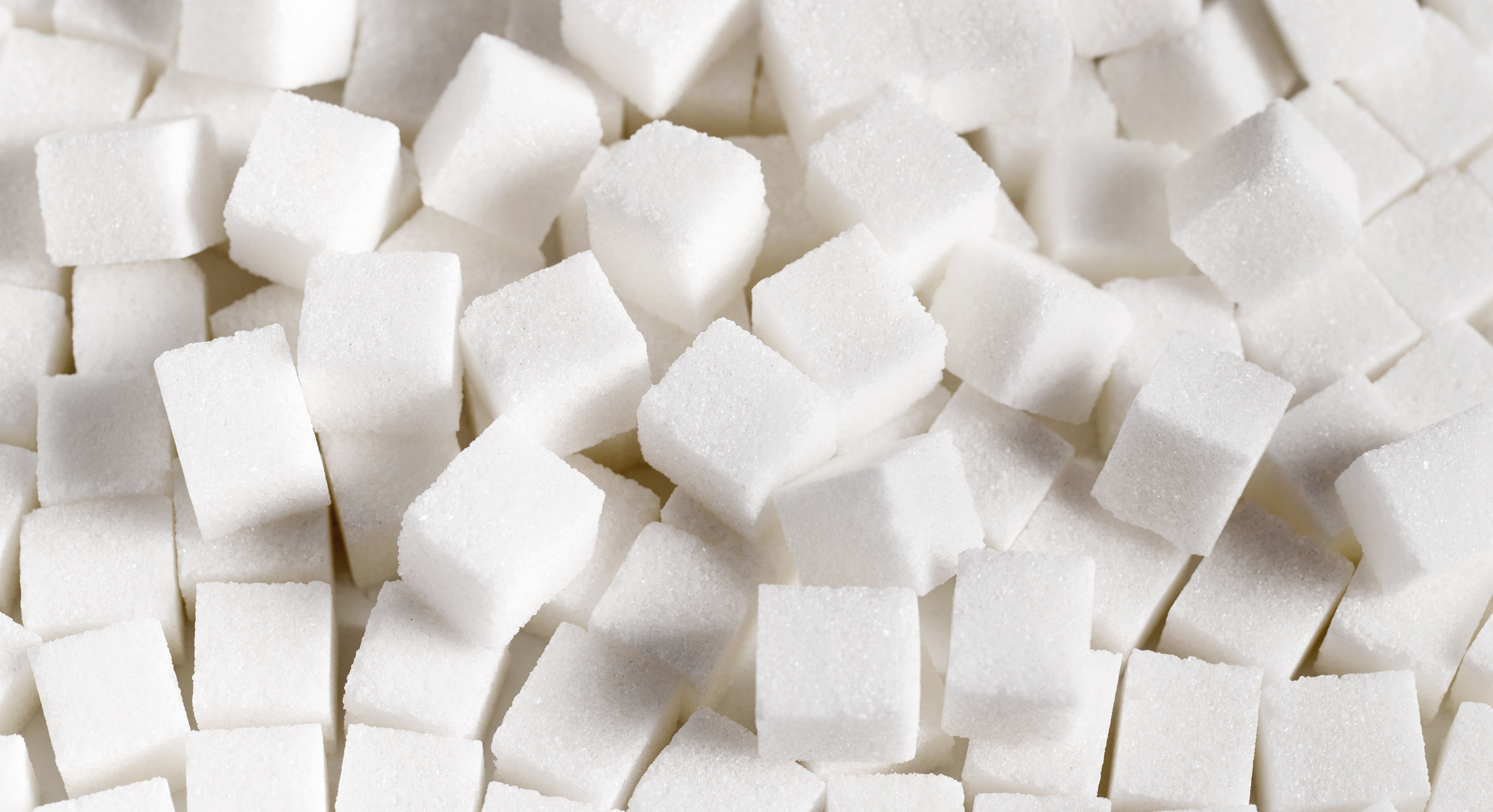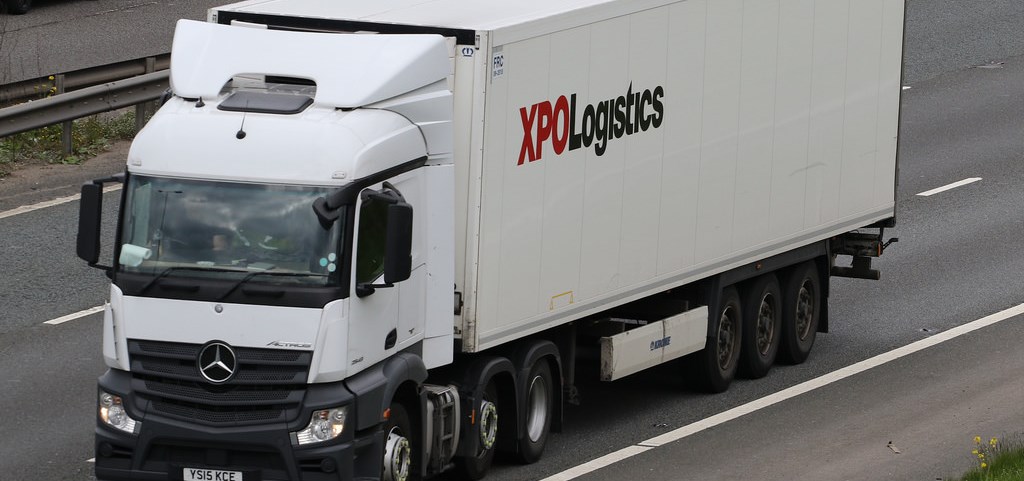‘Trading away our standards’
When the Labour party made public explosive documents detailing secret trade talks between US and UK officials, much of the focus was on the threat to the NHS.
But hidden in the 450-page dossier is yet another alarming revelation – that our food and environmental standards are likewise under the chopping block as the US seeks to replicate their de-regulated haven for big business here in the UK.
The Sustain Alliance, of which Unite is a member, highlighted a number of concerns raised by the leaked papers.
In the final meeting outlined in the dossier, discussions on agriculture are deemed to be â€well-advanced’, with UK trade officials warned time and again that sticking to EU standards would render a UK-US trade deal a â€non-starter’.
In one page, Theresa May’s Chequers deal which was being mooted at the time of the trade talks, was considered by the US a “worst-case scenario” because it would entail maintaining the UK’s existing higher food standards.
The dossier described a meeting in March this year, when US officials gave a presentation about America’s “flexible” approach to food standards, with a stronger emphasis on voluntary standards rather than regulations.
Chlorine-washed or â€chlorinated’ chicken, banned by the EU but standard in the US, has long made headlines and was also included in the dossier. As UniteLive has previously highlighted, chlorine washed chicken masks horrific hygiene standards in intensive American farming — and isn’t even an effective method of killing harmful bacteria such as salmonella in the first place.
But in the dossier, US trade officials suggested the British public could be won over, as they offered to “share their public lines on chlorine-washed chicken to help inform the media narrative around the issue”.
The Sustain Alliance has also sounded alarm bells over American hostility to food labelling, with the documents noting that the US believes food labels can be “harmful”, with trade officials saying they were “concerned that labelling food with high sugar content (as has been done with tobacco) is not particularly useful in changing consumer behaviour”.
And perhaps most shockingly of all, any talk of climate change has been effectively banned from trade discussions, with one US trade representative noting that “the US is bound by Congress not to mention greenhouse gas emission reductions in trade agreements”.
Sustain Alliance’s chief executive Kath Dalmeny said the leaked documents were “concrete proof that the risks to our food, farmers and the environment from a future US trade deal, which we have been flagging for years, are a clear and present danger.
“Here we have in writing US trade negotiators saying that if we retain the high British food standards that we enjoy as members of the EU, this would be the â€worst case scenario’ for them,” she noted. “They appear desperate for us to loosen our food regulations so American food companies can send us products like chlorine-dipped chicken, hormone treated beef and animal products raised with high levels of antibiotics.”
“It is disgraceful that UK trade negotiators are actively discussing trading away our precious food and environmental standards, without checking with experts on standards, nor with the British public,” Dalmeny added. “The next government must urgently publish the UK’s negotiating objectives before any future talks with any country or trading bloc begin, and ensure our representatives in parliament can vote on trade deals.”
Unite national officer for food, drink and agriculture Bev Clarkson agreed.
“It should come as no surprise that a Trump-led US, where intensive farming dominates, is bent on decimating our higher food and environmental standards, which they see only as â€barriers’ to be torn down,” she said. “Trump and his allies have been very public in the past about deregulating the food and agriculture sector in any future US-UK trade deal – the latest revelations in the documents are only further proof of what we have already known for some time.”
“For Unite, a hard Brexit that pushes us into the arms of the US, where we will by all accounts be in a weaker negotiating position, will not only be harmful for consumers but will be hugely damaging for people who work in the sector,” she added. “Our members in food and agriculture depend on a rural economy intertwined with EU food standards, markets and labour. Whatever the outcome of Brexit, it’s only through a close future trading relationship with the EU that we can continue to protect and enhance our high food and environmental standards, of which both consumers and workers are rightfully proud. We will not accept a race-to-the-bottom.”
 Like
Like Follow
Follow


